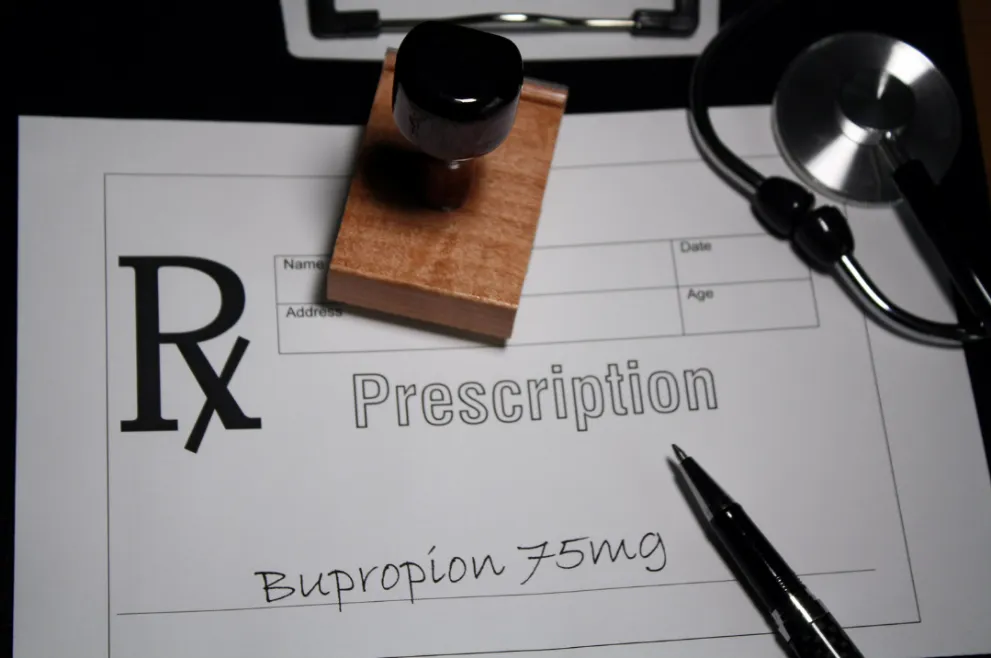Written and medically reviewed by Dorcas Morak, PharmD
If you've ever taken omeprazole (Prilosec) for conditions like GERD or peptic ulcers, you might be curious about its safety. Omeprazole is an over-the-counter medication commonly used to alleviate symptoms associated with excess stomach acid. While it's generally considered safe, it's essential to understand the potential side effects. In this article, we'll explore six common side effects of omeprazole and discuss when you should seek medical attention.1. Headache
Headache is the most frequently reported side effect of omeprazole, affecting approximately 7% of individuals in clinical trials. Thankfully, these headaches are usually mild and do not require medical attention. It's worth noting that the risk of experiencing a headache is highest within the first week of starting omeprazole, with women being more susceptible. If you do experience a headache, you can consider using over-the-counter pain relievers like acetaminophen (Tylenol). However, please avoid using ibuprofen as it may worsen symptoms of GERD.
2. Stomach pain Stomach pain is the second most common side effect of omeprazole, reported by around 5% of individuals in clinical trials. Identifying the cause of stomach pain can be challenging, as it could be related to the medication or an underlying condition. If you experience persistent stomach pain, it's advisable to consult your doctor for further evaluation.
3. Nausea and vomiting Nausea and vomiting can occur as side effects of omeprazole. While taking omeprazole with food can sometimes help prevent these symptoms, it is generally recommended to take it on an empty stomach, 30 to 60 minutes before a meal. If you find these side effects bothersome, you can try consuming multiple small meals, opting for bland foods, and avoiding lying down after eating. Additionally, it's important to be aware that omeprazole can interact with certain medications, so it's wise to consult your pharmacist or doctor before taking any other medications alongside omeprazole.
4. Gas Omeprazole may increase gas production, leading to discomfort, bloating, and cramps. Although less common, it can also cause constipation, which can contribute to excessive gas. To alleviate these symptoms, you can try drinking more water, engaging in regular exercise, and using over-the-counter gas relief medications like simethicone (Gas-X).
5. Diarrhea Diarrhea is a common side effect of omeprazole, especially with long-term use. However, persistent or severe diarrhea may indicate a more serious condition, such as a Clostridium difficile (C. diff) bacterial infection. For mild cases of diarrhea, dietary changes and staying hydrated can be helpful. Over-the-counter medications like bismuth subsalicylate (Pepto-Bismol) and loperamide (Imodium) may also provide relief. If you experience persistent watery diarrhea, fever, or stomach pain, it is crucial to seek immediate medical attention, as C. diff infections can be life-threatening.
6. Bone fractures While omeprazole primarily affects the gastrointestinal system, studies have shown that high doses of omeprazole taken for more than a year may increase the risk of bone fractures, particularly in individuals with osteoporosis or those at risk of developing it. Wrist, hip, and spine fractures were commonly reported in these studies. To minimize this side effect, it is advisable to take low doses of omeprazole for shorter durations. If long-term use of omeprazole is necessary, consult your doctor about preventive measures such as ensuring adequate calcium and vitamin D intake.
When to Seek Medical Intervention:
While omeprazole is generally safe with mild side effects, it's important to be aware of when to seek medical attention. If you experience persistent gastrointestinal side effects, frequent infections, ongoing or worsening heartburn, unrelieved headaches, or sudden pain, bruising, or swelling, it is advisable to consult your doctor. Additionally, it is recommended to limit over-the-counter usage of omeprazole to 14 days unless specifically advised by a healthcare provider, as the more severe side effects typically occur with long-term or high-dose usage.
By understanding the possible side effects, taking appropriate measures, and seeking medical attention when necessary, you can use omeprazole safely and effectively to manage your symptoms. Remember, if you have any concerns or questions about your medication, it's always best to consult with your healthcare provider.
















